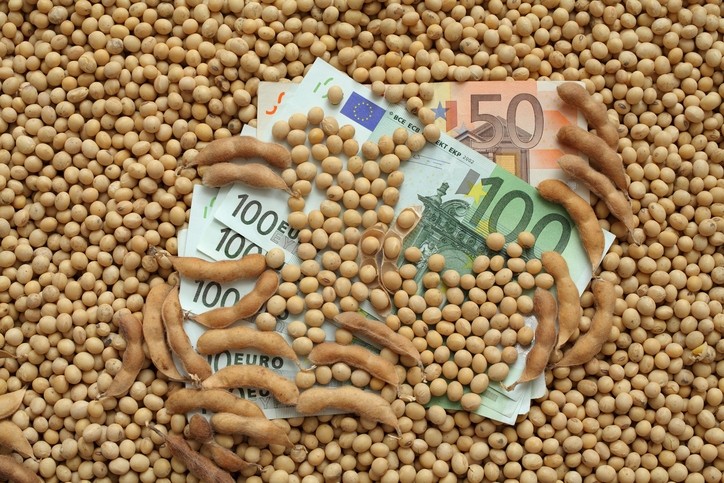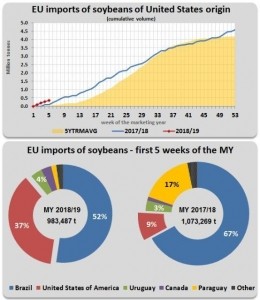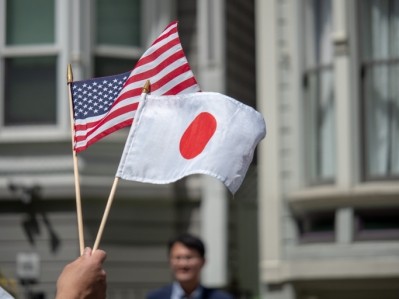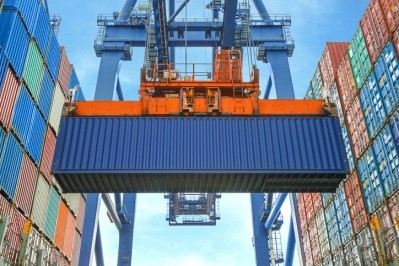US jumps up rankings to become EU's main supplier of soybeans

The hike in volume of US soybeans sold to the EU follows the joint statement issued by Presidents Juncker and Trump in Washington in late July, in which the two sides agreed to increase trade in several areas and products, notably soybeans.
The EU had no previous barriers to US soybeans in place.
The EU executive has been tracking import data to demonstrate imports of the US commodity – July saw Juncker put in place a bi-monthly reporting mechanism on the evolution of trade in soybeans from the US to the EU.
The most recent figures show imports of US soybeans to the EU have been continuously increasing over the past weeks: Compared to the first 12 weeks of the 2017 marketing year (July to mid-September), EU imports of soybeans from the US are up by 133% at 1,473,749 tons.
The latest figures puts the US ahead of Brazil (40%), now the EU's second main soybean supplier, followed by Canada (2.3%), Paraguay (2.3%) and Uruguay (1.7%).
US beans attractively priced compared to Brazilian exports
US-China trade spats and market inefficiencies, brought on by a drought-reduced crop in Argentina, are making South American soybeans more expensive. So, it is currently cheaper for EU buyers to source soybeans from the US than from Brazil, traditionally its bigger supplier.
China has been shunning US soy growers due to its trade war with Washington, switching to Brazil and also to Russia for its supply of soybeans. Its buyers, though, had already been heavily purchasing soybeans from Brazil before Beijing’s hefty taxes on US cargoes took effect. Indeed, Rabobank documented in June that China’s soybean purchases from Brazil’s record 2017 harvest continued at high levels from August to December 2017, when Brazilian exports usually fall to very low levels, resulting in higher overall exports. Those higher out-of-season exports resulted in tighter Brazilian supplies and higher FOB prices for soybeans in Brazil.
The continuing US-China trade tensions, including the duties Beijing imposed on US soybeans into China, have contributed to Brazilian FOB prices remaining at a level where they are not as competitive with US origin soybeans for many destinations.









